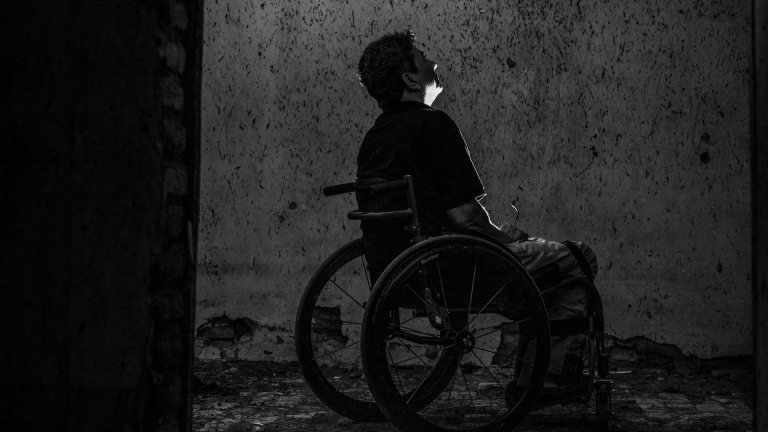Key challenges were also similar. Speakers described stigma associated with homelessness, notably in Japan, and the overlap between forced migration and homelessness, such as displaced Venezuelans in South America or Ukrainians escaping the war. A common challenge was the blurring or false equating of homelessness with begging or other street activity.
The second thing that struck me, listening to speaker after speaker, was the commonality of solutions to homelessness; solutions backed by an evidence base. The scarcity of affordable housing stands as an undeniable and universal issue, with little progress seen across countries. This reality necessitates a concerted and innovative global effort to address root causes, with an emphasis on equitable access to safe and affordable housing for all.
However, at a systems level, action on other fronts will also be imperative. Preventing homelessness requires financial support to people in need, through adequate social security payments and stable jobs with reasonable pay. It needs free or accessible healthcare. It means an eco system of support services including for mental health, personalised to the individual. It requires joined-up government. It needs effective legislation, particularly giving a right to housing rather than to shelter.
This latter point is crucial. The problem is not that policymakers and service providers lack potential solutions, but rather a deficit in the knowledge of how effectively to implement and execute them. While the problems associated with homelessness are well documented and understood, translating this into practical, impactful measures and policies remains a formidable task. To address homelessness more effectively, new types of evidence and data are needed to help bridge the gap.
New York City is housing record numbers in its homeless shelters: the figure passed 100,000 in June, swelled by migrants. It’s vastly expensive, costing $2.1 billion (£1.67bn) a year. It’s clearly not working.
The same is true of ‘staircasing’ or creating random conditions to qualify for housing; of punishing with criminal or financial sanctions individuals in desperation who sleep on the streets or breach terms for accessing benefits or services; of giving out food to people experiencing homelessness without support to improve their circumstances. These approaches can suck up resources and make things worse. Many gaps remain as we seek to build the evidence base for what works to create a future without homelessness. But we do know this: the risk of homelessness is not evenly spread. So individuals and groups are at greater risk. The solution is targeted support.
This means supporting young people leaving care to build social networks; it means rapid re-housing for people who experience domestic abuse; it means timely short-term help for people leaving prison or other institutions; and it means stable housing with bespoke support for those with long histories of homelessness.
Let’s not pretend any of this is easy. These solutions require investment in new flexible services, supported by highly skilled and empathetic staff. Ending homelessness is not a one-off event that, once achieved, means attention can move on to the next challenge.
Ending homelessness for good will require ongoing vigilance, ongoing investment and ongoing political priority. That, ultimately, is the solution.
Ligia Teixeira is founding chief executive of The Centre for Homelessness Impact.
This article is taken from The Big Issue magazine out this week. Support your local vendor by buying today! If you cannot reach your local vendor, click HERE to subscribe to The Big Issue or give a gift subscription. You can also purchase one-off issues from The Big Issue Shop. The Big Issue app is available now from the App Store or Google Play










